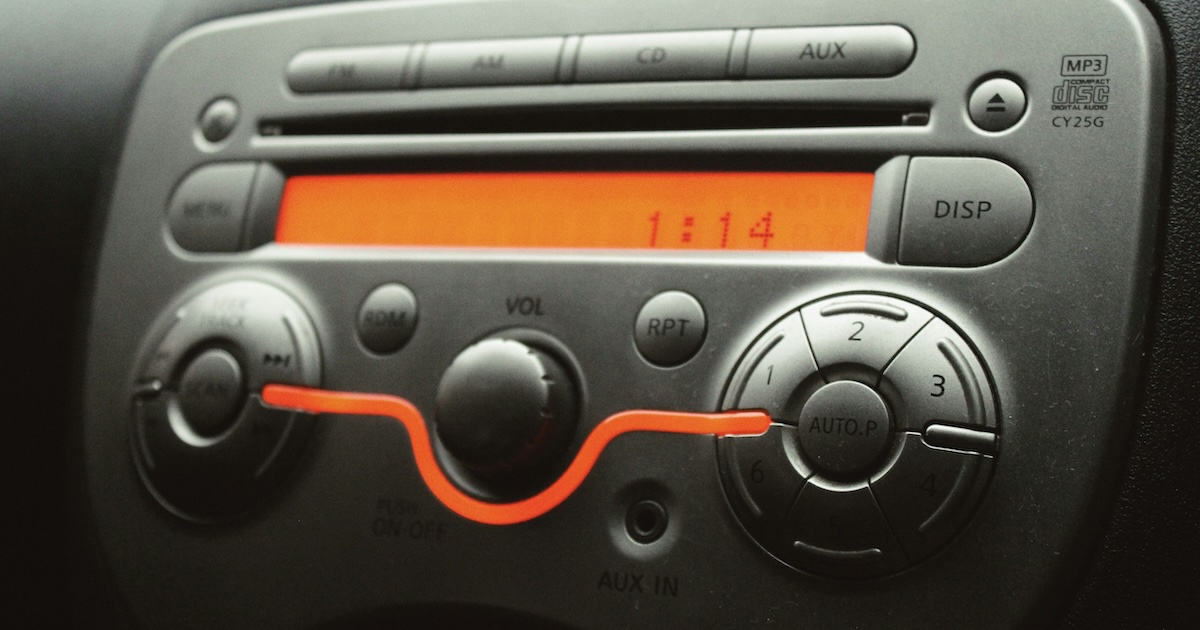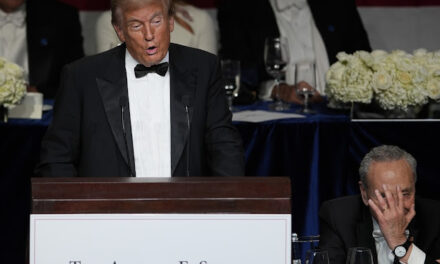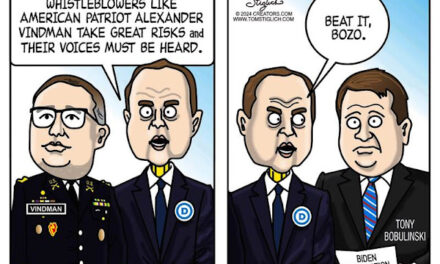LTP News Sharing:
In a commentary published at RedState, Project 21 Ambassador Christopher Arps praises the AM Radio for Every Vehicle Act.
Chris explains why maintaining AM radio access in vehicles is critical:
Our nation’s public warning systems, which taxpayers have rightfully invested significant sums to create and maintain, are built around AM radio signals. By removing AM radios from new model vehicles, some heavily subsidized automakers pose a critical threat to the integrity of the nation’s public warning capabilities and the taxpayers’ investment in those systems.
Read Chris’s entire commentary below.
As an afternoon drive radio talk show host in St. Louis, I couldn’t be happier to see the AM Radio for Every Vehicle Act speeding on the fast track to a congressional vote this Thursday. Although my show is on the FM dial, saving AM radio is important.

Christopher Arps
For those unfamiliar with this bill, which the odd-bedfellow coalition of Sen. Ted Cruz and Sen. Ed Markey introduced, it’s a measure designed to ensure automakers maintain AM radio access in vehicles.
Our nation’s public warning systems, which taxpayers have rightfully invested significant sums to create and maintain, are built around AM radio signals. By removing AM radios from new model vehicles, some heavily subsidized automakers pose a critical threat to the integrity of the nation’s public warning capabilities and the taxpayers’ investment in those systems. It’s maddening that Congress even needs to consider a bill like this.
For months, leading public safety officials have told the automakers to keep AM radios in vehicles to ensure the public receives critical, often life-saving, emergency notifications. FEMA has warned that millions of Americans could lose access to vital emergency information if automakers continue removing AM radios. However, several automakers have tuned out the public safety community’s pleas and warnings.
FEMA couldn’t be clearer: Cellphones and other newer communications methods lack resiliency during crises. Time and time again, they black out amidst storms and other crises, which tend to overload their networks. Even on good days, we cannot always count on them, as a slew of recent nationwide cell blackouts demonstrated. And, for many Americans, especially in a fly-over country, reliable cell service and the internet are not a day-to-day reality.
The automakers can’t have it both ways. They can’t continue collecting billions and billions of dollars from local, state, and federal governments through subsidies and tax breaks without using even a tiny portion of those funds to keep the public safe.
And make no mistake about it: It is a very tiny portion. An analysis from the Congressional Budget Office proves it.
During a recent hearing, Energy & Commerce Committee Chairwoman Cathy McMorris Rodgers said, “We’re at a moment where we as the representatives of the people are being forced to intervene on their behalf because their concerns continue to be ignored by corporations making consumer vehicles.”
“The reality is that automakers have been aware of these bipartisan, bicameral concerns for a long time and have yet to address them with any private sector solutions adequately,” she continued. “It’s disappointing, and ultimately, it’s why we’re here today having this discussion.”
When you have the most progressive wings of the Democratic Party agreeing with the most conservative factions of the GOP, you know you’re doing something right in Washington. That’s precisely what Sens. Cruz and Markey have done. They’ve created something unique, forging near-unanimous cooperation and agreement in one of the tensest legislative sessions in recent memory.
The movement to protect AM radio already features a bipartisan majority of support in the House and a filibuster-proof majority in the Senate. The bill has already cleared the Senate committee of jurisdiction. Next, it will receive a vote from the House committee of jurisdiction on Thursday. Once it clears the House committee, it could become law in the blink of an eye.
The success of this bill should serve as a lesson to all corporate America that relies on Washington for subsidies and other forms of largesse: choose to do what’s right, or you will be forced to do what’s right anyway. The choice is theirs, but I know which one I’d pick.
Christopher Arps is an ambassador with the Project 21 black leadership network and a managing partner with the public affairs and communications consulting firm Red Tail Strategies. This was originally published at RedState.
Photo by am on Unsplash.
Author: The National Center







